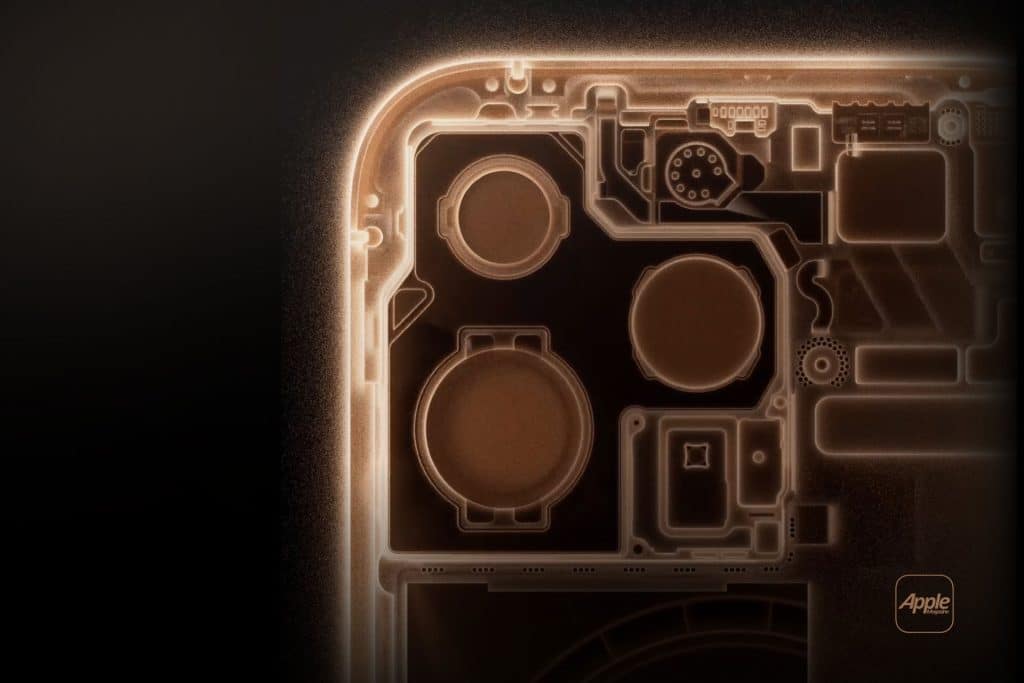The iPhone 18 series will mark a major milestone, adopting TSMC’s 2nm process for the A20 chip, according to multiple sources, including Weibo-based leaker Digital Chat Station and analysts Ming-Chi Kuo and Jeff Pu. Unlike the iPhone 17 series, which will use an enhanced 3nm process (N3P), the 2nm technology allows for smaller transistors, packing more onto a single chip. This translates to up to 15% faster performance and 30% better power efficiency compared to 3nm chips, based on industry reports. For users, this means faster apps, smoother multitasking, and longer battery life—crucial for powering advanced features like Apple Intelligence.
TSMC, Apple’s chip manufacturing partner, is gearing up for 2nm production with two new factories, or “fabs,” and is seeking approval for a third, according to MacRumors. These specialized plants produce microchips and require significant investment, reflecting the high cost of the new process. Apple, expected to be the first company to receive 2nm chips starting in late 2025, will likely face increased expenses as a result.
Why Prices Could Rise
The shift to 2nm technology is not the only factor driving potential price hikes. U.S. import tariffs, recently expanded under President Donald Trump, could significantly impact Apple’s costs. While Apple temporarily avoided a 145% tariff on Chinese goods and a 10% tariff on other imports, new semiconductor levies are expected to affect all Apple devices. Reuters reports that a 43% price increase could push the cost of the iPhone 16e, currently priced at $599, to $856. The iPhone 18, already burdened by costly chip production, could see even steeper increases.
Analysts offer varied predictions. Counterpoint Research suggests Apple may need to raise prices by 30% to offset import duties, while Morgan Stanley estimates a 17-18% hike. CFRA Research analyst Angelo Zino believes Apple will limit increases to 5-10%, likely delaying major price adjustments until the iPhone 17 launch in September 2025. However, with 2nm chip costs and tariffs converging, the iPhone 18 could push Apple’s pricing strategy to new heights, potentially making it the most expensive iPhone yet.
What This Means for Users
For tech enthusiasts, the iPhone 18’s A20 chip promises a leap forward. The 3nm chips in current iPhones already deliver 20% faster GPU speeds, 10% faster CPU speeds, and a 2x faster Neural Engine compared to 5nm chips. The 2nm process could amplify these gains, enhancing everything from gaming to AI-driven tasks like photo editing and Siri interactions. Yet, casual users may question whether these improvements justify a higher price tag, especially if tariffs inflate costs across Apple’s lineup.
Apple could mitigate price concerns by optimizing its supply chain or seeking tariff exemptions, as suggested by Bank of America analyst Wamsi Mohan. The company has also shifted some production to countries like India and Vietnam, though these regions face tariffs of 26% and 46%, respectively. For now, Apple remains silent on pricing plans, leaving consumers to speculate on the final cost.
A Broader Industry Impact
The move to 2nm chips underscores Apple’s commitment to staying at the forefront of innovation, but it also highlights broader challenges in the tech industry. As chip manufacturing becomes more complex and expensive, companies like Apple must balance performance gains with affordability. Competitors like Samsung, which face lower tariffs, could gain an edge if Apple’s prices climb too high, according to Counterpoint Research.
For AppleMagazine readers, the iPhone 18 represents both an exciting technological advancement and a potential financial hurdle. As TSMC’s new factories ramp up production and tariffs reshape global trade, the true cost of cutting-edge tech is becoming clear—faster chips may mean pricier iPhones.
